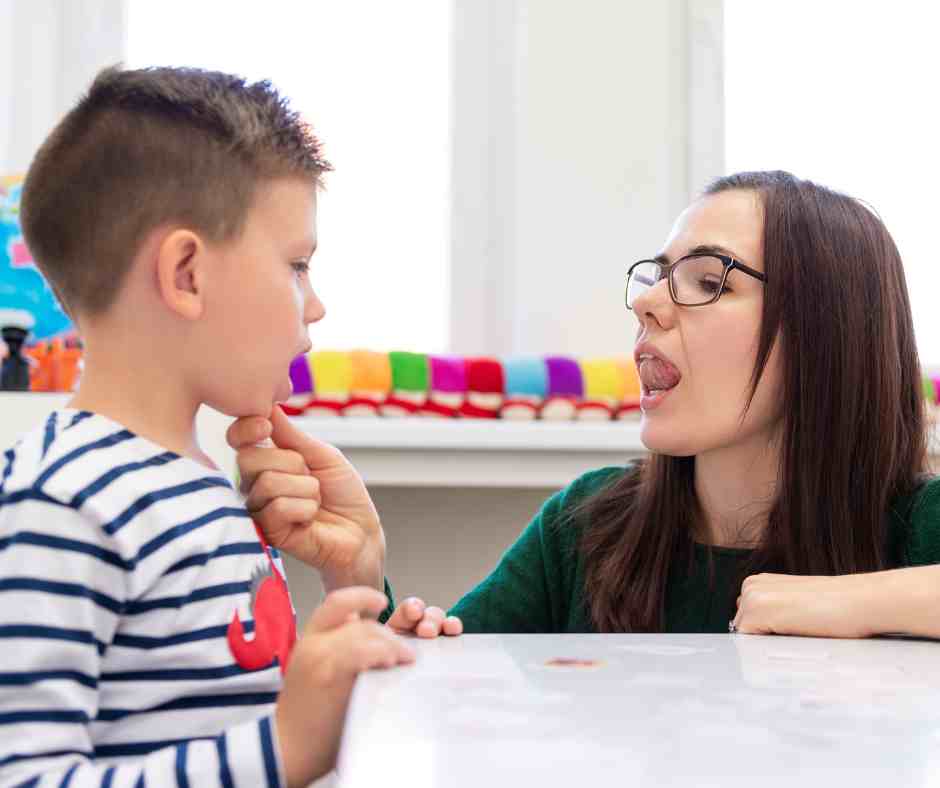Introduction: Occupational therapy for children is a valuable resource that supports their growth, development, and overall well-being. In this article, we will explore the benefits of occupational therapy for children and how it can positively impact their lives. From improving motor skills to enhancing social interactions, occupational therapy offers a range of interventions tailored to meet the unique needs of each child.
1. Enhancing Motor Skills: Occupational therapy focuses on helping children develop the motor skills they need to participate in daily activities and engage fully in their environment. Through a variety of activities and exercises, occupational therapists help children improve their fine motor skills, such as handwriting, cutting, and buttoning, as well as their gross motor skills, such as balance, coordination, and strength. By addressing motor challenges early on, occupational therapy helps children build confidence and independence in their everyday tasks.
2. Promoting Independence and Self-Care Skills: Occupational therapy empowers children to develop the self-care skills they need to navigate daily life with confidence and independence. Occupational therapists work with children to develop skills such as dressing, feeding, grooming, and toileting, helping them gain the confidence to take care of themselves and participate more fully in family and community activities. By fostering independence in self-care tasks, occupational therapy promotes children’s overall well-being and quality of life.
3. Improving Sensory Processing: Many children struggle with sensory processing difficulties, which can affect their ability to regulate and respond to sensory input from their environment. Occupational therapy addresses these challenges by providing sensory-based interventions designed to help children better understand and process sensory information. Through activities that stimulate the senses, occupational therapists help children develop coping strategies and sensory regulation skills, enabling them to participate more comfortably and confidently in daily activities and social interactions.
4. Enhancing Social and Emotional Development: Occupational therapy plays a crucial role in supporting children’s social and emotional development. Occupational therapists use play-based activities and social skills training to help children develop the communication, cooperation, and problem-solving skills they need to interact effectively with others. By fostering positive social interactions and emotional regulation, occupational therapy helps children build meaningful relationships, navigate social situations, and develop resilience and self-confidence.
Conclusion: Occupational therapy for children is a valuable intervention that supports their growth, development, and overall well-being. By addressing motor skills, promoting independence and self-care, improving sensory processing, and enhancing social and emotional development, occupational therapists empower children to reach their full potential and thrive in all aspects of life. Through personalized interventions and compassionate care, occupational therapy unlocks possibilities and paves the way for a brighter future for children everywhere.



